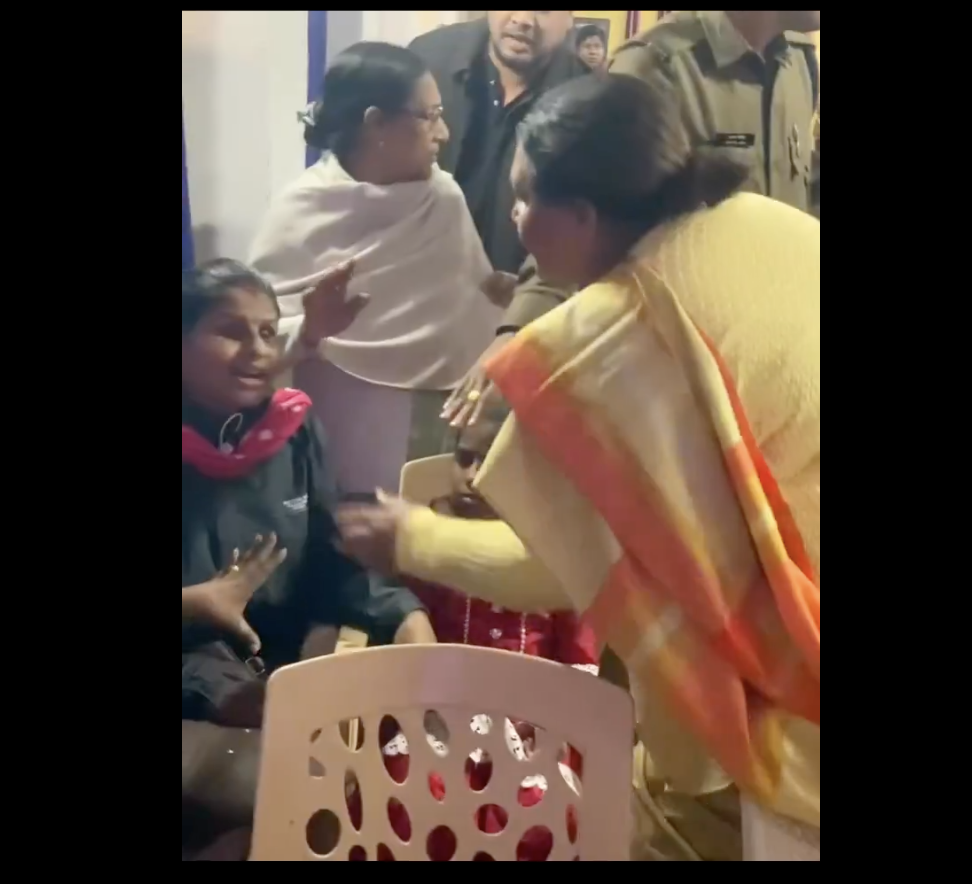
The updation of the National Population Register (NPR) is back on the agenda of the Census 2021 enumeration. According to a news report in The Hindu (dated October 27), the form for updation has been issued as part of the handbook for Census officers that has been given to all the states and was generated through an online system on August 18.
According to The Hindu report, the document issued to the district Census officers by the Registrar General of India contains the form which will collect details on fourteen parameters of all family members for updating the data base of the NPR which was first collected in 2010 and updated in 2015. The first phase of the Census which consists of house listing and housing Census was also to be used for the updation of the NPR.
Earlier, it had been decided to hold them simultaneously from April to September 2020. But this was postponed indefinitely due to the Covid pandemic.
What this means is that the Modi government will hold the NPR survey along with the first phase of the Census in the forthcoming days. The period of the house to house survey is yet to be announced.
What is the objection to the NPR updation? It is necessary to refresh one’s memory regarding the widespread opposition that developed to the Citizenship Amendment Act (CAA), which was passed by parliament in December 2019 and its connection to the National Population Register and the National Register of Citizens (NRC). The CAA and the NRC are interconnected and twin measures; the NPR is the first stage for the preparation of the NRC.
All three are interrelated to the project of the Modi government to change the very definition of citizenship. While the CAA seeks to specifically exclude Muslims from getting citizenship, if they have come without documentation from neighbouring countries unlike Hindus, Christians, Sikhs and Buddhists, thereby introducing a religious criteria to citizenship, the NRC is aimed at getting rid of so-called Muslim “infiltrators” who have been exercising their rights as citizens within the country.
The Union Home Minister, Amit Shah, and other government functionaries sought to dispel any connection between the CAA and NRC and further went on to deny that the NPR had anything to do with the NRC. The falsity of these assertions were amply exposed by the statements made by Amit Shah himself in parliament and the explicit link between the NPR and NRC stated in the reports of the home ministry.
The concept of a National Register of Citizens and a National Population Register was introduced through an amendment of the Citizenship Act of 1955 and the Rules framed thereunder by the Vajpayee government in 2003. The Rules clearly stated that the NRC will be finalised after the verification of the National Population Register. The NPR is, in the words of the Home Ministry, the first stage of the NRC.
The NPR questionnaire which has been included in the handbook is the same which was finalised last year with fourteen parameters, which include place and date of birth of parents, mother tongue, identity proof like Aadhaar card, passport, voter ID card and so on. The Rules provide that while compiling the local population register, a taluk level official can decide to mark someone as a “doubtful” citizen, in which case, that person will be compelled to provide proof that he/she is an Indian citizen.
The movement against the CAA had extended to the NRC too because they are twin measures to deny or exclude people from citizenship based on the Hindutva ideology. When the Union cabinet decided in December 2019 to update the NPR and sanctioned Rs 8,500 crore for the purpose, the CPI(M) had come out clearly opposing the move. It called upon all the chief ministers, who had declared that the NRC will not be implemented in their states, to also take steps to see that the NPR survey process was halted in their states
By the end of December, thirteen chief ministers had announced that they would not have the NRC compiled in their states. Of them, the chief ministers of Kerala and West Bengal had announced that the NPR updating process would not be undertaken in their states. In fact, the LDF government in Kerala took the lead in notifying that the NPR process will be suspended in Kerala and only the Census enumeration will be done.
The matter had dropped out of the public eye since the whole Census-NPR process was postponed indefinitely due to the pandemic. Now when the first phase of the Census enumeration is to take place, it is clear that the NPR updation will also be held.
This must not take place, as the first stage of the compilation of the National Register of Citizens will be a divisive and exclusionary process. We already have the experience of what happened in Assam when the preparation of NRC there excluded 19 lakh people. These were poor people belonging to all communities who could not produce the documents asked for.
It is incumbent upon the state governments, which are against the NRC, to see that the NPR updation does not take place. It is the state governments’ personnel who are to undertake the Census enumeration and NPR updation. Like Kerala, the state governments concerned should facilitate the Census enumeration and not the NPR updation.
If the government persists in its NPR project, the Left and democratic forces must appeal to the people not to cooperate in the NPR updation process and only answer the questionnaire for the actual Census.
This story first appeared on nationalheraldindia.com






